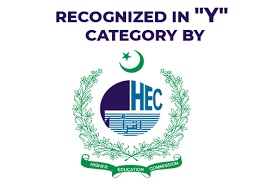Epistemological Foundation of Finance: Islamic and Conventional
Abstract
 Abstract Views: 85
Abstract Views: 85
The main purpose of this paper is to trace epistemological roots of conventional and Islamic and Islamic finance. Based on an extensive literature review, this paper aims to highlight, explain, and discuss an ideal conventional and Islamic financial system. The ideal conventional financial system is discussed in light of various writings by Smith and Arrow, plus based on Arrow-Debreu model. On the other hand, the Islamic financial system is discussed in light of Qur’anic verses based on which the system is built. The findings show that the present Islamic finance industry evolved from conventional finance to address a market failure in conventional finance in terms of unmet market demand for Islamic finance products. However, since most practitioners in Islamic finance were bankers and market players from the conventional background, they developed, more often than not, products that are similar to conventional ones albeit with Shari’ah compatibility. Hence, the focus was primarily on avoiding riba while ignoring the first part of the verse 275 of surah al-Baqarah which first ordains exchange contracts. A way forward, hence, would be to move towards more risk-sharing products which indicate a robust link between the strength of the financial system and economic growth.
Downloads
Copyright (c) 2014 Abbas Mirakhor, Edib Smolo

This work is licensed under a Creative Commons Attribution 4.0 International License.
Authors retain copyright and grant the journal right of first publication with the work simultaneously licensed under a Creative Commons Attribution (CC-BY) 4.0 License that allows others to share the work with an acknowledgement of the work’s authorship and initial publication in this journal.












